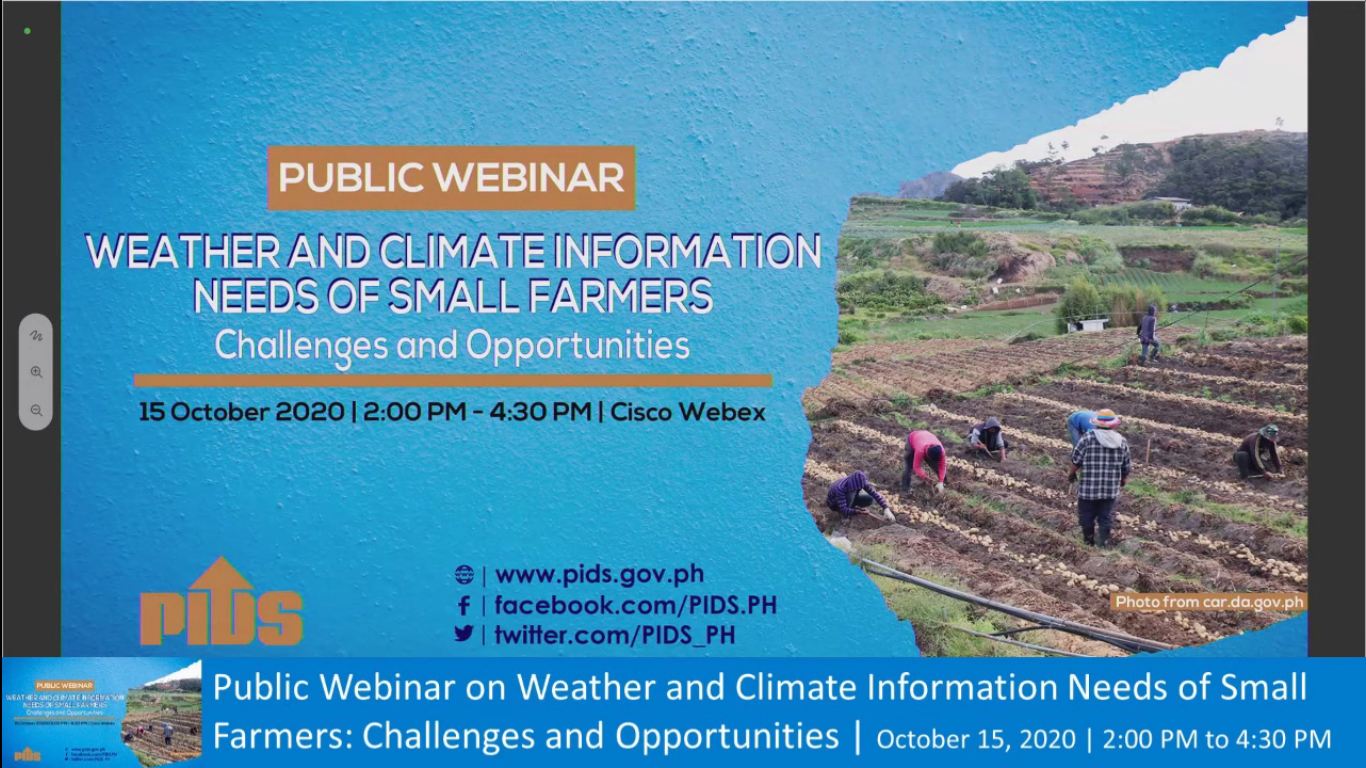The Duterte administration vowed to allocate all the tariffs collected from rice imports for programs aimed at helping farmers cut production cost, according to the Philippine Development Plan (PDP) 2017-2022.
The country’s economic blueprint said the amendment of the Agricultural Tariffication Act of 1996, or Republic Act (RA) 8178, is included on the priority legislative agenda of the Duterte administration.
“Replace quantitative restrictions [QR] on rice with tariffs. The tariff proceeds from rice imports will be plowed back to the rice sector,” the PDP read.
While the PDP is cognizant of the adverse impact of the scrapping of the rice QR on small farmers, the government said the tariff collected from imports will be used to help them recoup their losses.
The Duterte administration said it has decided to allow the QR on rice to expire because of its potential impact on rice prices nationwide.
Rice, the government noted, accounts for 30.6 percent of the total food expenditure of the poorest 20 percent of households based on the 2012 Family Income and Expenditure Survey (FIES).
“It can help lower the price of rice, and this will benefit the general public, including farmers who are net consumers of rice,” the PDP stated.
Philippine Institute for Development Study (PIDS) senior research fellow Roehlano M. Briones said in a recent forum that the government’s rice self-sufficiency policy was responsible for increasing rice prices.
The rice self-sufficiency policy was supported by the granting of a second extension of the QR on rice in 2012.
Briones recommended repealing RA 8178, which exempted rice from tarrification; repealing the National Food Authority’s (NFA) import monopoly; and opening rice importation to the private sector.
The PIDS senior research fellow also underscored the important role of the Executive branch in defining an “informed tariff policy”.
In the first semester of 2014, poverty incidence rate rose to 25.8 percent. Former Socioeconomic Planning Secretary Arsenio M. Balisacan blamed this on the retention of the QR on rice.
Rice prices posted a double-digit growth of 11.9 percent in the first semester of 2014, from only 1.7 percent in the same period in 2013, on the back of a tight supply given lean harvests, coupled with less imports.
Amending RA 8178
Leaders of the House of Representatives have filed two separate bills seeking to place safety nets for Filipino rice producers by imposing tariffs in lieu of QR on rice imports and to amend RA 8178.
House Bill (HB) 5023, filed by Deputy Speaker Gloria Macapagal-Arroyo of Pampanga, and HB 4904, filed by House Committee on Economic Affairs Chairman Arthur C. Yap of Bohol, called for using tariff collections from rice imports for projects and programs that would enhance rice productivity and increase farmers’ incomes.
Arroyo said her proposed Rice Safety Net Act of 2017 seeks to abolish the sole power of the NFA to import rice.
She said the proposed legislation adopts the use of tariffs in lieu of nontariff-import restrictions to protect local paddy producers in “a direct and transparent manner” and, at the same time, generate revenues required to provide the infrastructure and finance the programs that improve farmers’ productivity.
Revenues will go to a Rice Farmers Development Fund to provide the necessary support services, such as irrigation, farm-to-market roads, postharvest equipment and facilities, credit, research and development, extension services, other market infrastructure and market information.
The bill seeks to repeal Sections 5 and 6 of Presidential Decree 4 (National Grains Authority Act of 1972), as amended by RA 8178.
Arroyo’s bill seeks to establish rules and regulations governing the importation of rice and to impose and collect fees and charges to ensure that imports won’t affect the price of locally produced rice.
In lieu of QR restriction, the measures indicated the tariff rate of 100 percent will be imposed on rice imports beginning January 1, 2018, to provide protection for producers.
It added that any subsequent reduction of the tariff rate should be based on the implementation of a comprehensive Rice Farmers Development Program to improve the sector’s competitiveness.
Yap’s bill is proposing to impose a tariff rate of 100 percent on rice imports for a period of three years.
Under HB 4904, the NFA may be authorized to import rice tariff-free upon recommendation of the NFA council and the Department of Agriculture (DA) secretary, and the approval of the President.
“In the event that the NFA imports rice at zero tariff, half of the net income earned from the said importation shall be used to augment the Rice Industry Development Fund. For this purpose, the NFA must have a separate accounting for its tariff-free rice imports,” the bill read. Yap said the Rice Industry Development Fund should be established and used to support the implementation of the Rice Industry Competitive Enhancement Program of the government.
Upon the enactment of the bill, the DA, together with relevant agencies would be given a maximum of 180 days to finalize the rice road map to restructure the government’s delivery of support services for the sector.
As part of this road map, Yap said a five-year rice program will be implemented to provide alternative livelihood for those who will be affected by the shift in the import policy.//
‘Tariffs from rice imports to help farmers cut cost, boost income’












